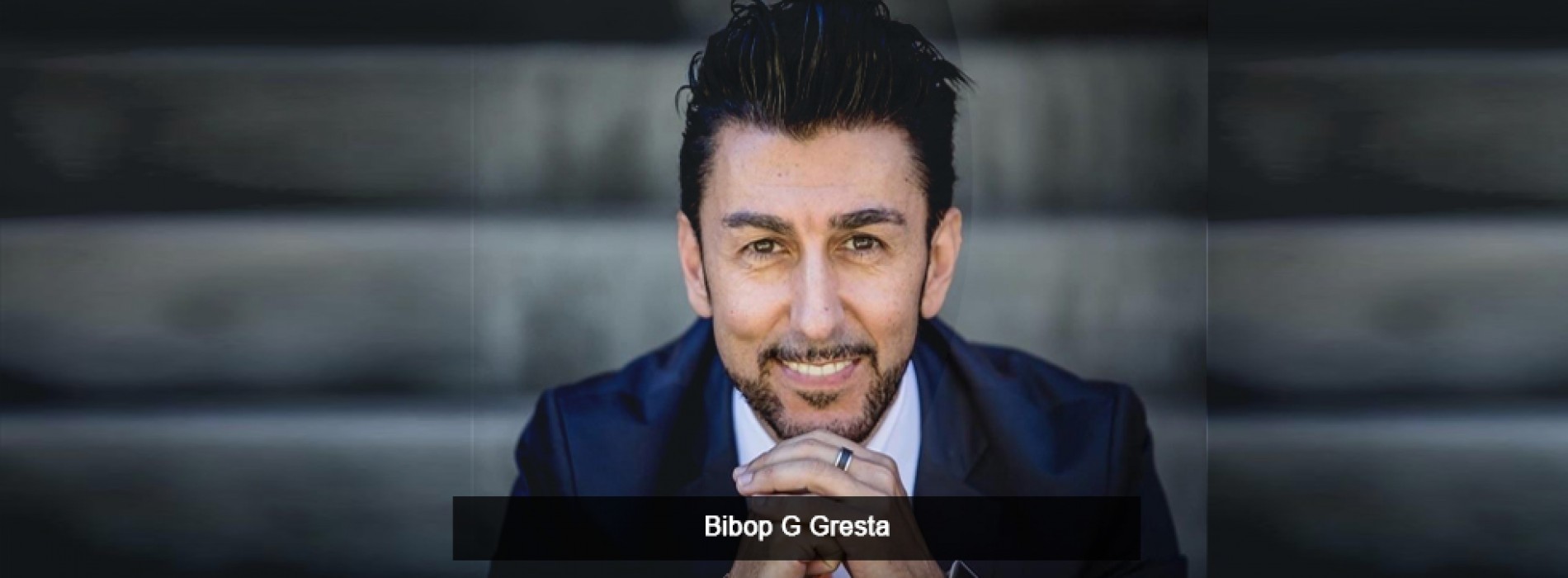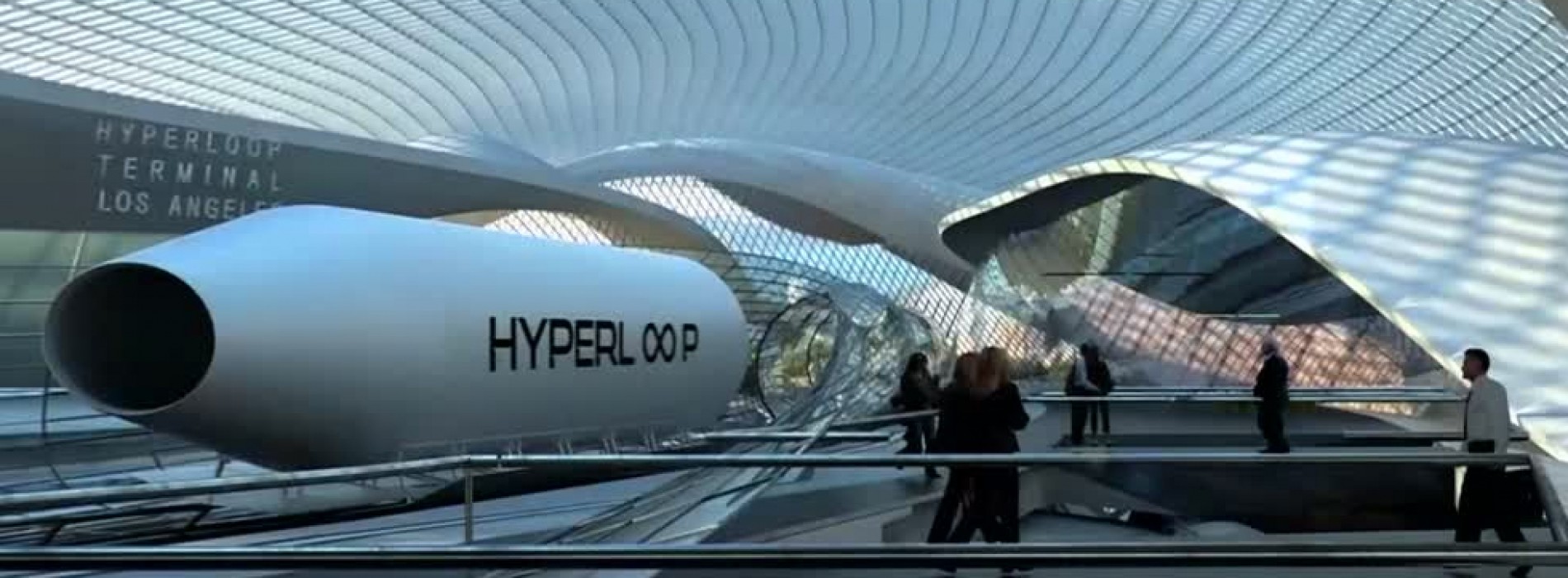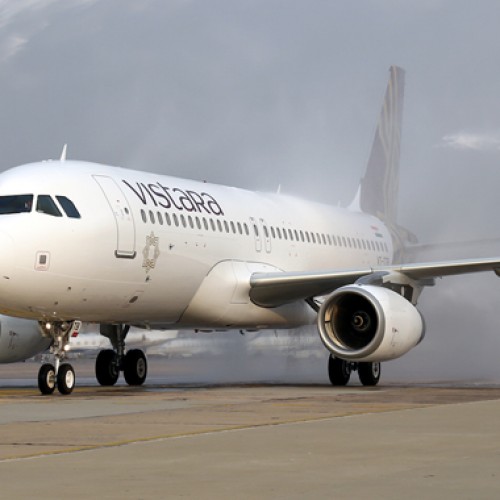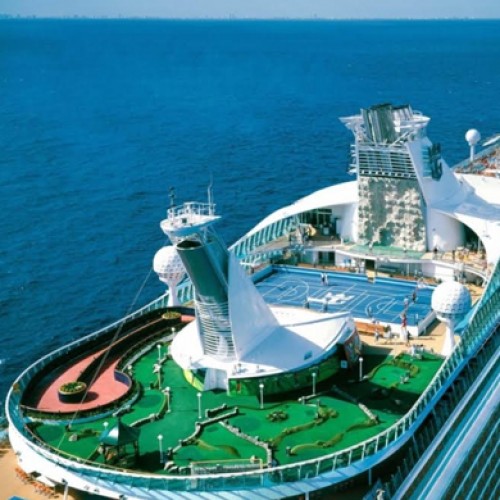ET GBS 2017: India should invest in the future, not bullet trains says Bibop G Gresta of Hyperloop
The future of transportation is jet speed and on the ground. Banking on its pathbreaking technology that can make a capsule move inside a vacuum tube, simulating environments similar to outer space, Hyperloop Transportation Technologies (HTT) hopes to revolutionise transport.
Such a system could cover the distance between Mumbai and Pune in less than 40 minutes. HTT co-founder, chairman & chief Bibop officer (as he writes on his card), Bibop G Gresta said, “India has a great opportunity to leapfrog to better modes of transportation.” He believes India should not invest in bullet trains, but invest in “the future,” as bullet trains are noisy, polluting and a liability for future generations.
Gresta, speaking exclusively to ET on the sidelines of the Global Business Summit, said HTT will be doing roadshows next month to raise $120 million. “This will be for investment in India. We have 820 employees and we have worldwide R&D centers.” In India HTT has 20 people—they work at home, 10 hours a week in exchange for stock options (one stock option for every hour of work done). “They work on artificial intelligence, computer engineering, software development and design,” said Gresta.
In recent months, Gresta has had meetings with minister for road transport, highways and shipping Nitin Gadkari and chief ministers of Andhra Pradesh, Odisha, Jharkhand and Maharahstra. “Gadkari is keen on Mumbai-Pune Hyperloop. I believe that’s the first Hyperloop route we could develop,” said Gresta.
Cost per km for developing Hyperloop is $20-40 million. “In India it could be cheaper. Hyperloop cost is comparable with traditional rail but is cheaper than high speed rail (like bullet train),” said Gresta. HTT is also looking at roping in a brand ambassador to create mass awareness about Hyperloop, though Gresta declined comment on any names.
Regulation is the biggest challenge HTT faces. “We are not a train, rail, aeroplane, or a boat we are Hyperloop and that does not exist. That’s the first question that the ministry of rail or the ministry of transport has to look into. In other countries it is a similar challenge and we are discussion how to put a framework in place for the transport departments,” said Gresta.
On the future of transportation, 25 to 50 years from now Gresta said, “cars will be completely self-driving.
News Source: economictimes.indiatimes.com
You might also like
Vistara App offers – get 5kg additional baggage, free cancellation and more
Vistara today rolled out a slew of offers, including 5 kg additional check-in baggage, complimentary tickets, free cancellation, among others, to the customers and loyalty club members booking directly through
TIRUN Travel Marketing Collaborates with Singapore Tourism Board and Changi Airport Group for the 3rd Consecutive Year
Cruise with TIRUN and enjoy 5 Sentosaattractions including the Trick Eye Museum, the Segway Fun Ride, a 4D Adventure Land show, the Cable Car “Sky Network” and Wings of Time
India’s tourism Industry facing leadership crisis: Rajeev Kohli
Making its voice heard and representing its concerns to policymakers and authorities is one of the big challenges, India’s Travel & Tourism Industry is facing today. India’s long-drawn election process








